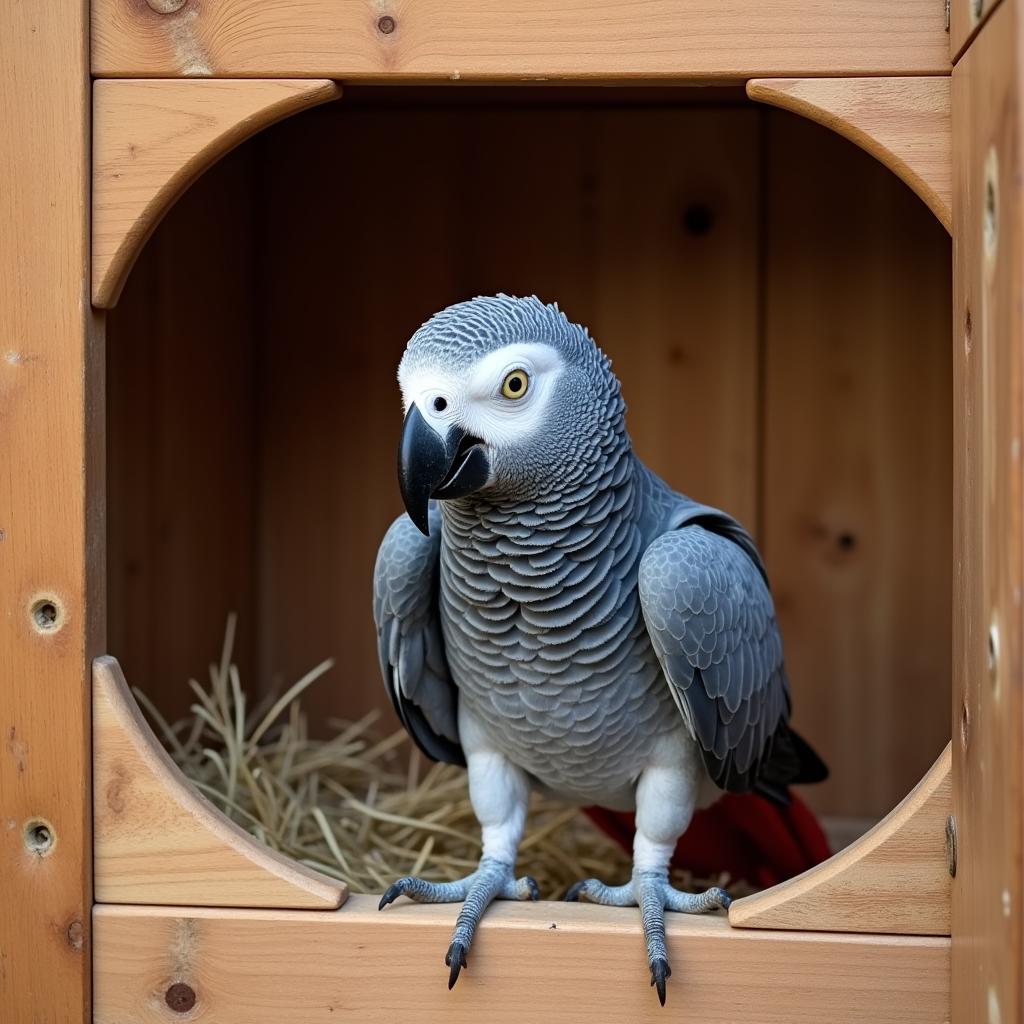Exploring African Homosexual Tradition: A Nuanced Perspective
African Homosexual Tradition is a complex and often misunderstood topic. This article aims to delve into the historical and cultural nuances of same-sex relationships and practices across the diverse continent of Africa, moving beyond Westernized interpretations and exploring indigenous perspectives. See how diverse cultural practices and beliefs surrounding sexuality have shaped the experiences of individuals across different regions. We’ll examine both historical and contemporary contexts to offer a more comprehensive understanding.
A Diverse Landscape: Understanding African Homosexual Tradition
It’s crucial to avoid generalizations when discussing African homosexual tradition. The continent is home to 54 countries, each with its unique history, customs, and social norms. What might be considered a traditional practice in one community could be completely absent or hold a different meaning in another. For instance, some pre-colonial societies had rituals and roles that recognized same-sex relationships, while others adhered to different understandings of gender and sexuality. After the introduction of Abrahamic faiths and colonialism, many of these traditions were suppressed or reinterpreted. This has made it challenging to reconstruct a complete picture of historical practices. Check out this African homosexual tradition documentary for further insights.
Pre-Colonial Practices and Beliefs
Before the arrival of European colonizers, many African societies had diverse perspectives on gender and sexuality. Some cultures recognized multiple genders beyond the male/female binary, and same-sex relationships were integrated into social structures. In certain communities, specific roles and rituals existed for individuals who identified with same-sex attractions or engaged in same-sex practices. These roles often held spiritual significance or were associated with specific social functions. However, it’s also important to note that not all pre-colonial African societies embraced same-sex relationships. Some had strict prohibitions against such practices, and these prohibitions were often enforced through social sanctions or religious beliefs.
What is African homosexual tradition in pre-colonial times? It varied greatly depending on the specific culture.
The Impact of Colonization and Religion
The arrival of European colonizers and the spread of Christianity and Islam significantly impacted African views on sexuality. Colonial laws criminalized same-sex relationships, often imposing Western moral codes that were foreign to existing African traditions. These laws often remain in place today, leading to discrimination and persecution of LGBTQ+ individuals in many African countries. You can explore the experiences of African gay boys in this context. Religious doctrines often reinforced these negative attitudes, further marginalizing individuals who did not conform to heteronormative expectations.
Navigating Contemporary Challenges
Today, LGBTQ+ communities across Africa face numerous challenges, including legal discrimination, social stigma, and violence. Despite these difficulties, there are also growing movements advocating for LGBTQ+ rights and visibility. Activists and organizations are working to challenge discriminatory laws, raise awareness about LGBTQ+ issues, and create safe spaces for individuals to express their identities.
Professor Adebayo Olufemi, a renowned scholar of African history and culture, states, “Understanding African homosexual tradition requires a nuanced approach that acknowledges both the diversity of pre-colonial practices and the lasting impact of colonization.”
Modern Expressions and Activism
Despite legal and social challenges, African homosexual tradition continues to find expression in various forms. This can be seen in emerging artistic expressions, literary works, and online communities. The African homosexual tradition video explores these modern expressions.
Dr. Fatima Zohra, a leading sociologist specializing in African LGBTQ+ studies, adds, “Contemporary African LGBTQ+ communities are actively reclaiming their narratives and challenging oppressive norms, paving the way for a more inclusive future.” This reclamation takes various forms, from challenging discriminatory laws to creating artistic expressions that celebrate diverse identities. More information on specific regional experiences can be found through resources like African gay top in Bangalore.
In conclusion, African homosexual tradition is a multifaceted topic that demands careful consideration of historical context, cultural diversity, and contemporary realities. While the impact of colonization and religion has created significant challenges for LGBTQ+ communities, resilience and activism continue to shape the narrative, fostering a growing movement towards greater acceptance and equality. Understanding African homosexual tradition requires moving beyond simplistic narratives and embracing the rich tapestry of human experiences across the continent.
FAQ
- What were some pre-colonial African views on same-sex relationships?
- How did colonization impact African traditions related to sexuality?
- What are the current legal and social challenges faced by LGBTQ+ individuals in Africa?
- What are some examples of modern expressions of African homosexual tradition?
- What are some resources for learning more about LGBTQ+ activism in Africa?
- Are there organizations working to support LGBTQ+ rights in Africa?
- How can I contribute to promoting LGBTQ+ equality in Africa?
For further support or information, please contact us: Phone: +255768904061, Email: kaka.mag@gmail.com or visit our office at Mbarali DC Mawindi, Kangaga, Tanzania. Our customer service team is available 24/7.
